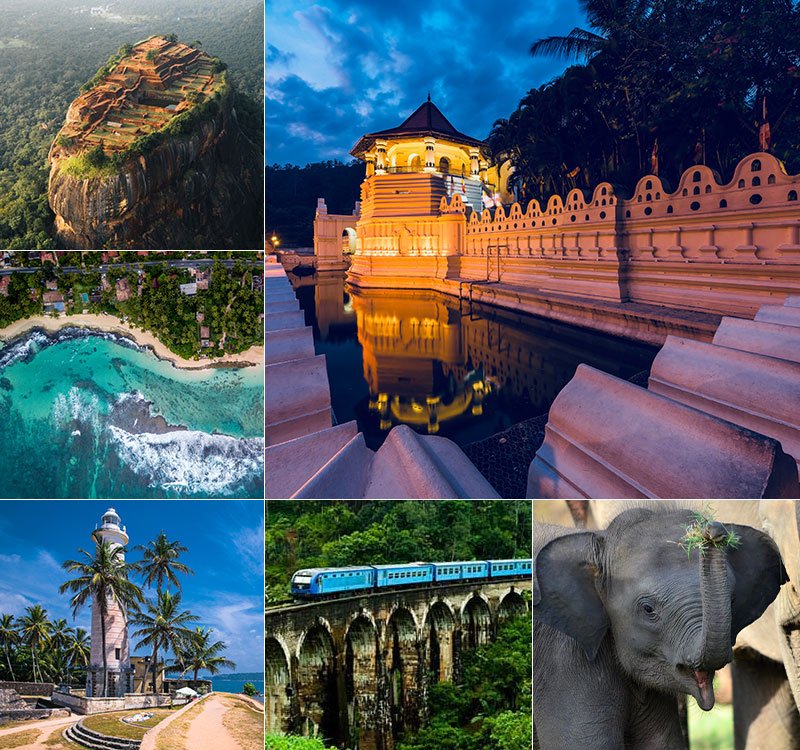
Looking for joy?
FAQ
When traveling to India, you may have various questions and concerns. Here's a list of frequently asked questions (FAQs) related to India travel, along with their answers:
Most travelers to India require a visa. You should check the specific visa requirements based on your nationality and the purpose of your visit. Visa applications can be submitted online or through the Indian Embassy or Consulate in your country.
The best time to visit India depends on the region and your preferences. Generally, the winter months (October to March) are popular due to pleasant weather, but other seasons offer unique experiences in different parts of the country.
India is generally safe for tourists, but like any destination, it's essential to exercise caution and be aware of your surroundings. Research and follow local safety guidelines, avoid poorly lit areas at night, and secure your belongings.
Vaccination requirements may vary depending on your travel plans and medical history. It's advisable to consult a travel clinic or healthcare provider for recommended vaccinations, such as hepatitis A, typhoid, and tetanus, and discuss any specific health precautions.
Dress modestly, especially when visiting religious sites. Loose-fitting, comfortable clothing that covers your shoulders and knees is recommended. In warmer regions, lightweight, breathable fabrics are ideal.
It's generally not safe to drink tap water in India. Stick to bottled water or purified water, and avoid adding ice to your drinks in restaurants.
Seek medical attention promptly. Many cities have good healthcare facilities, and it's advisable to have comprehensive travel insurance that covers medical emergencies.
Eat at reputable restaurants, avoid street food if you have a sensitive stomach, and opt for cooked, hot meals. Also, peel fruits and avoid consuming raw vegetables washed in tap water.
Yes, haggling is common in markets and small shops. Negotiating prices is expected, but do so politely and with respect for local customs.
India offers a variety of transportation options, including taxis, auto-rickshaws, trains, buses, and domestic flights. Choose the mode of transportation that best suits your itinerary and budget.
Yes, travel insurance is highly recommended. It should cover medical emergencies, trip cancellations, lost luggage, and other unexpected events. Review your policy carefully to ensure it meets your needs.
The currency in India is the Indian Rupee (INR). You can exchange money at banks, currency exchange offices, and some hotels. ATMs are widely available in cities and towns.
India is a linguistically diverse country with several hundred languages. Hindi and English are widely spoken and understood in many parts of the country. Local languages vary by region.
Tipping is customary in India. It's common to leave a tip for waitstaff, drivers, and guides. The amount varies but is generally around 10-15% of the bill.
Credit and debit cards are widely accepted in urban areas and tourist destinations. However, it's advisable to carry some cash, especially in rural or remote areas where card acceptance may be limited.
In case of an emergency, contact local authorities, your country's embassy or consulate, and your tour operator or accommodation for assistance. Carry emergency contact numbers with you.




Why Trust YIT With Your Holidays Plans
We are also recognized by National and International associations such as Government of India (MOTGOI), IATO, ADTOI, ASTA, PATA, Eco Tourism, SITE (applied for)



.webp)









